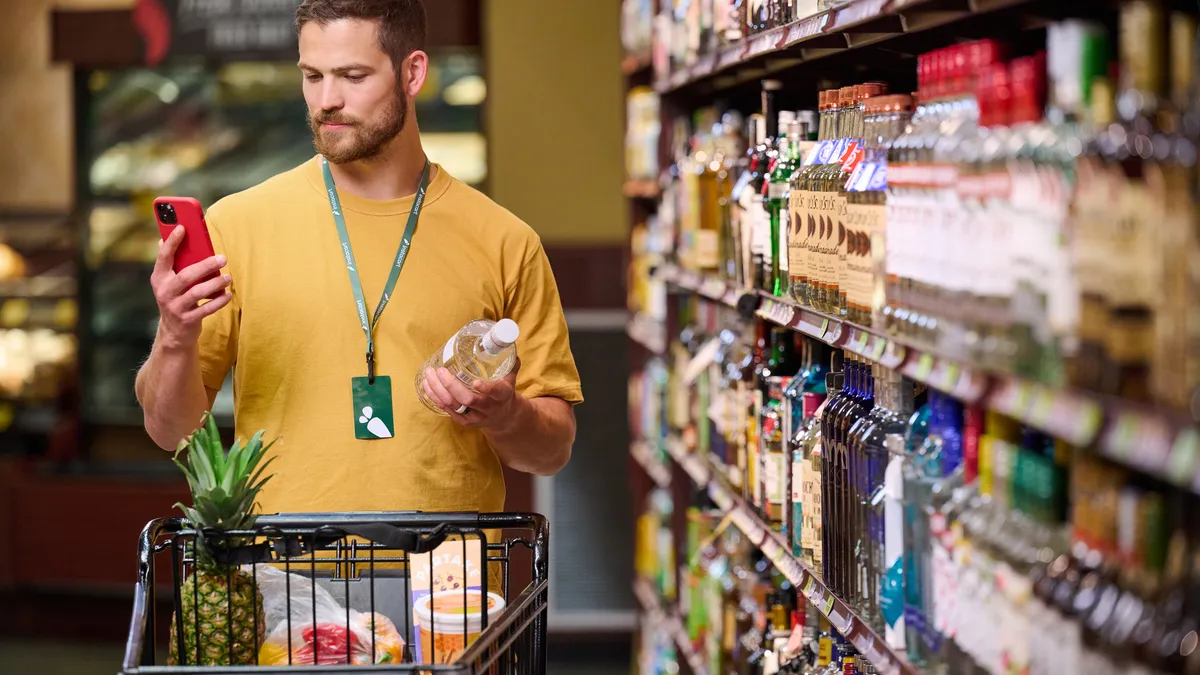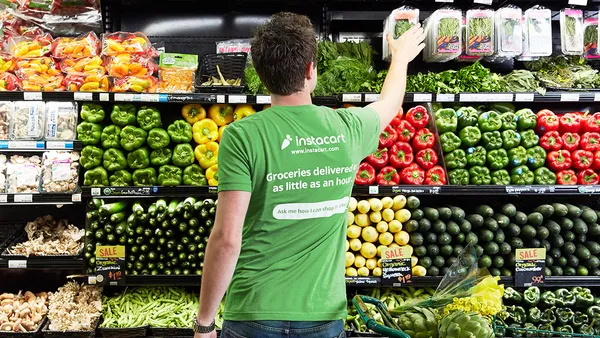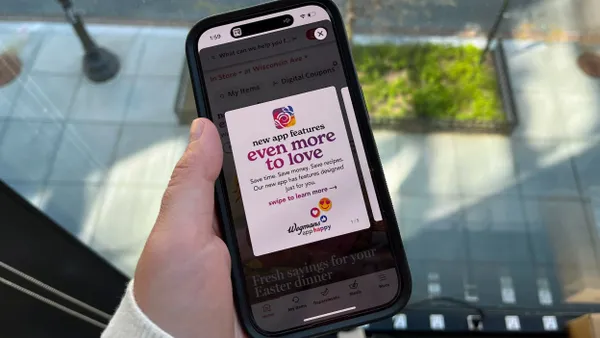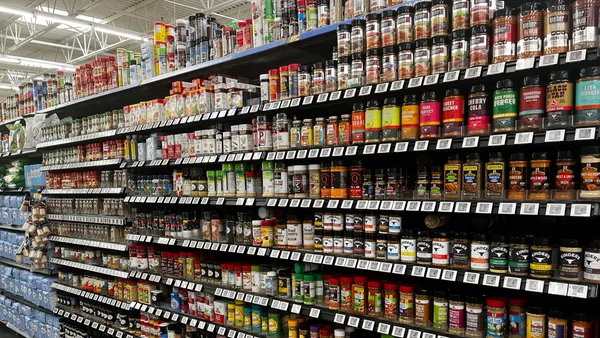The Friday Checkout is a weekly column providing more insight on the news, rounding up the announcements you may have missed and sharing what’s to come.
Instacart has filled its cart with a variety of snazzy technology companies over the past year or so. After picking up a smart cart maker and catering software firm last year, it added an AI pricing and promotions firm, Eversight, to its stable at the beginning of this month.
These three acquisitions have made clear that Instacart is moving beyond its legacy e-commerce focus into the broader realm of tech services for retailers. Just as grocers looked to Instacart to bring them online, they will need the company to help bring them fully into the digital age. Or so the thinking goes.
But Instacart still needs to have a strong hand in e-commerce, its bread and butter. The announcement this week that it had acquired Rosie, a startup based in Ithaca, New York, that builds online shopping sites and apps for independent grocers, emphasizes that point.
Instacart needs the sort of independent grocers that Rosie serves. Although it rose to prominence by partnering with major chains, those chains are now pushing third-party companies off to the wings and relying on them mainly for the one asset they have that can’t be replicated: a large, on-demand delivery workforce.
Independents, on the other hand, need to stay competitive across the spectrum of digital operations and customer experiences, but often don’t have the capital to build these capabilities themselves. Instacart could turn out to be a lifeline for them.
Of course, by pushing out into a wide range of digital services, Instacart expands the number of competitors it’s going up against. Will it have the same clear edge in smart carts and pricing optimization technology that it previously had in e-commerce? Not likely. It will need to get creative in the ways it utilizes its new assets, and offer new operational tools and customer experiences.
As it approaches a public offering, Instacart can’t afford to be just a delivery firm anymore. Its share in grocery delivery stood at 48% in July, according to YipitData — the same percentage it had in January 2020, before the pandemic hit. The company needs to expand its range of services, and it needs independent retailers to come along for the ride.
In case you missed it
Kroger heats up its efforts to fight climate change
Kroger is stepping up its efforts to combat rising global temperatures. The grocer said this week that it will strengthen its greenhouse gas reduction target to reflect what scientists say is a need to hold global warming during the coming years to an even lower level than they had previously been pushing for.
Kroger made the announcement in connection with the release of an updated Environmental, Social and Governance (ESG) action plan, which includes its Zero Hunger | Zero Waste strategy, which is in its fifth year. During that time, the grocer has directed 2.3 billion meals to communities, including 500 million pounds of overflow fresh food from stores going towards ending hunger and $1 billion in charitable support.
Consumer use of digital commerce growing in tandem with the advancing technology
Preview results of Acosta’s Online Grocery Landscape Report, which studies shopping behaviors, attitudes and preferences surrounding online grocery habits, were released on Wednesday.
Conducted in June 2022 with Acosta’s proprietary “shopper community,” the study showed that nearly 60% of shoppers who buy groceries online started doing so within the last two years. And this trend continues to grow, with one in five grocery shoppers expressing intentions of doing more online shopping in the next year, according to Acosta.
Acosta’s full report and findings will be released at Groceryshop later in September.
H Mart and Food Bazaar are expanding
On the West Coast, H Mart, a Korean supermarket operator, will continue its Bay Area expansion with a new store in San Francisco, California’s East Bay area. according to SFGate. It isn’t clear when the new store will open.
Meanwhile on the East Coast, Food Bazaar on Thursday opened its first store in Manhattan in the East Harlem neighborhood, the chain announced. Food Bazaar added that it is extending its online shopping and home delivery services to most of Manhattan.
Number of the week: 10
That’s the percentage of grocers who say their e-commerce operations are “very sophisticated,” according to a recent “Retail Speaks” survey conducted by the Food Industry Association (FMI). Forty-four percent of retailers surveyed said their online platforms are “somewhat sophisticated” while 46% said their e-commerce setups are “not sophisticated.”
What’s ahead
August inflation numbers
Grocery prices continued their year-over-year rise in July even as overall inflation cooled off. Will that trend continue? The August CPI results come out on Tuesday.
Groceryshop kicks off Sept. 19
The Grocery Dive team will be at the show, eager to mingle and hear about the latest industry innovations. Make sure to say hi if you see us!
C-Store Dive is coming
Industry Dive’s latest publication, C-Store Dive, has soft-launched. Be sure to sign up for the daily newsletter, which will hit email inboxes starting on Sept. 19.












